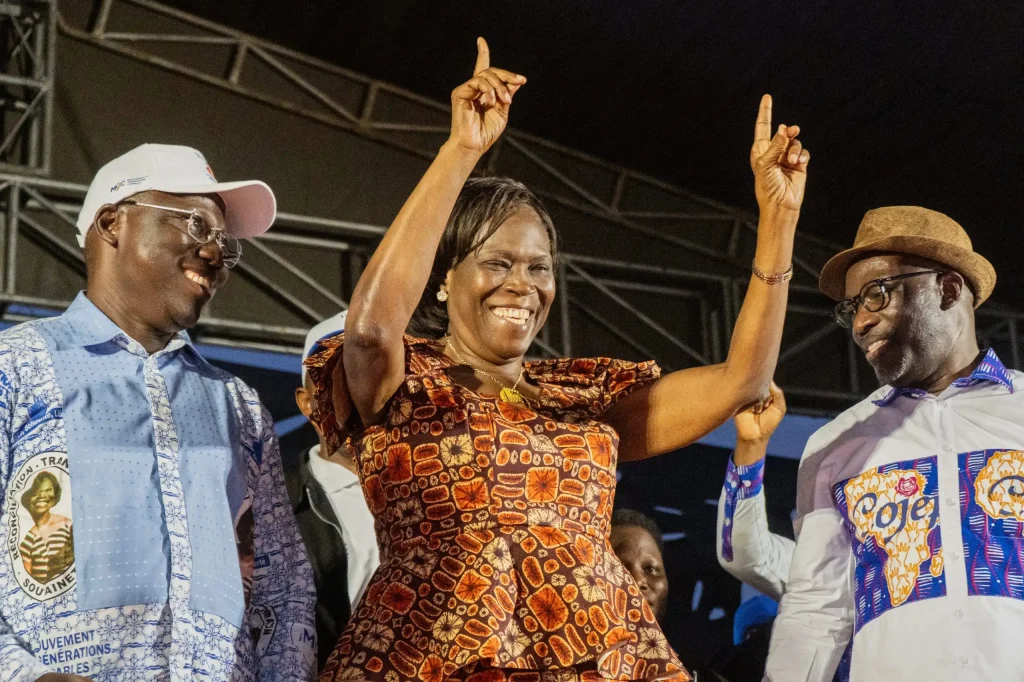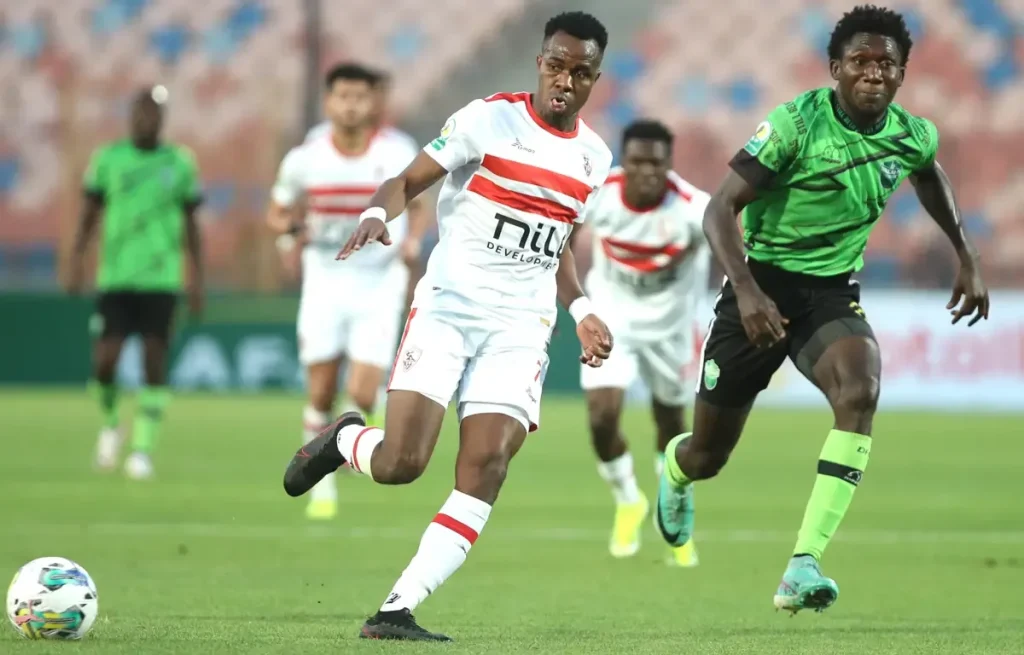In Duekoue, a town scarred by election violence over a decade ago, a bold idea is stitching communities back together: marriages between rival ethnic groups.
As Ivory Coast gears up for its October 25, 2025, presidential election, local nonprofit Limpia is championing these “reconciliation marriages” to prevent a repeat of past bloodshed.
Dozens of couples from clashing communities have wed in recent years, building bridges where hate once thrived.
Limpia’s initiative, which includes youth programs and counseling, has sparked unions that defy old divides. With the election looming, the group plans a mass wedding for 10 couples in early 2026, aiming to cement peace in a region haunted by conflict.
A Couple’s Defiant Love
Matinze Pode, from the Guere ethnic group, and Elisabelle Kouadio, a Baoule, are living proof of this vision. They married in 2012, a year after a brutal massacre in Duekoue killed hundreds during post-election chaos.
The violence erupted when former President Laurent Gbagbo refused to cede power to Alassane Ouattara, fueling ethnic tensions. Pro-Ouattara forces were accused of targeting Gueres, seen as Gbagbo supporters, though Ouattara’s government denied backing the attacks.
Pode and Kouadio faced fierce family opposition. Kouadio’s relatives spread false rumors about Guere traditions, but the couple stood firm. Dressed in beige boubou robes and gold jewelry, they wed in a ceremony that united their families. “Our parents saw our resolve and came together,” Pode said, smiling.
Limpia’s Mission
Limpia’s director, Alexis Kango, sees these marriages as seeds of lasting peace. “These couples will raise children who share heritage and language, binding communities,” he said, flipping through photos of smiling pairs.
Limpia’s work focuses on preventing violence before and after the election, ensuring couples live in harmony.
Duekoue, 250 miles west of Abidjan in Ivory Coast’s cocoa belt, has long been a flashpoint for land disputes between groups like the Gueres and others from neighboring regions.
The 2010-11 violence, which killed many, remains a grim memory in this global cocoa hub.
Election Tensions Loom
President Alassane Ouattara, 83, is running for a fourth term, touting economic growth. Yet, his 2018 amnesties for war-era crimes have drawn criticism from human rights groups, who call his justice record uneven.
Ouattara framed the amnesties as a gesture to unify the nation and prevent further conflict.
This election has been calm so far, but Ivory Coast hasn’t seen a fully peaceful vote since 1995. Limpia’s efforts are a grassroots shield against potential unrest, fostering unity through love.
Another Success Story
Souleymane Taha, a Guere, married Matoma Doumbia, a Dioula, in 2019 with Limpia’s support. Living peacefully in a Dioula neighborhood, even during tense times, Taha believes, “Mixed marriages build peace.” His story echoes Pode’s, showing how love can heal divides.
Hope for the Future
As Duekoue braces for the election, Limpia’s work offers a beacon of hope. Reconciliation marriages are more than vows, they’re a stand against violence.
By uniting rival groups, these couples are rewriting Ivory Coast’s story, one family at a time. With the world watching, their love could pave the way for a peaceful vote and a united future.
READ MORE: Super Eagles Cancel US Friendlies for World Cup Playoffs






